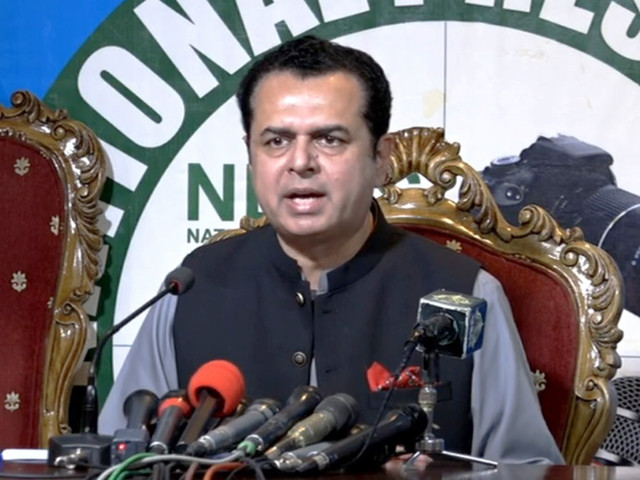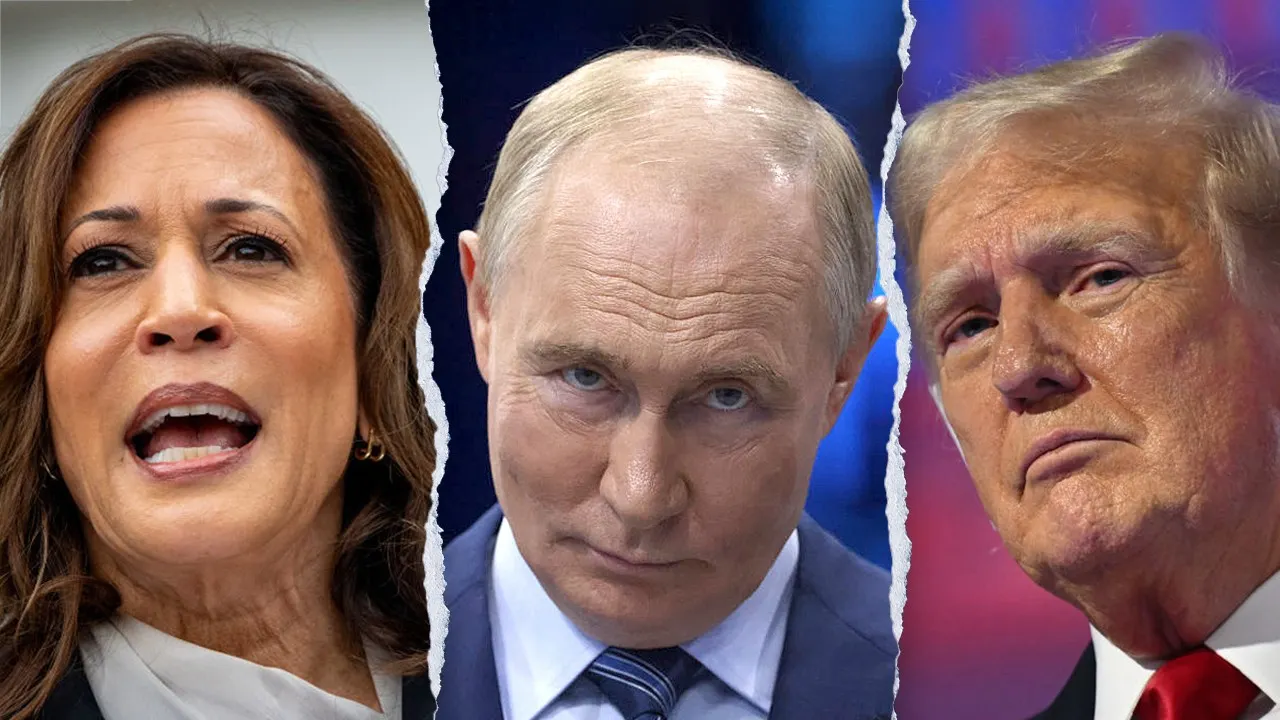Pakistan’s Historical Stance on Israel
Pakistan has long been one of the staunchest supporters of the Palestinian cause, arguably more so than many other Muslim-majority countries. This position is rooted deeply in Pakistan’s identity as an Islamic Republic and its broader commitment to the ummah, or global Muslim community. The notion of recognizing Israel has historically been seen as contradictory to this identity, particularly given the country’s foundational links to the larger Islamic world.
The pro-Palestinian stance is not only political but also deeply embedded in Pakistani society and public opinion. This is reflected in the consistent policies of successive Pakistani governments, which have included open condemnations of Israel’s actions in the Palestinian territories, refusal to engage in diplomatic relations, and support for Palestinian statehood at international forums such as the United Nations.
The intensity of Pakistan’s anti-Israel sentiment can be traced back to its founding in 1947, during which it sought to establish itself as a leader of the Muslim world, aligning with other Muslim nations that opposed the creation of Israel. This alliance was further solidified through Pakistan’s membership in the Organization of Islamic Cooperation (OIC) and other Islamic blocs, where the Palestinian cause has remained a central issue.
Imran Khan’s Public Stance and Strategic Calculations
During his tenure as Prime Minister, Imran Khan publicly maintained Pakistan’s traditional support for the Palestinian cause. He condemned Israeli actions in Gaza, voiced support for Palestinian rights, and dismissed the idea of normalizing relations with Israel as long as the Palestinian issue remained unresolved. These positions were consistent with both domestic expectations and Pakistan’s longstanding foreign policy.
However, Imran Khan’s tenure was marked by a pragmatic approach to foreign relations, often characterized by a balancing act between public rhetoric and behind-the-scenes diplomacy. Khan’s pragmatism is evident in his broader foreign policy maneuvers, where he sought to strengthen ties with both traditional allies like China and Saudi Arabia and to open channels with adversaries when it suited Pakistan’s interests. This approach suggests that Khan may have been more open to reevaluating Pakistan’s position on Israel than his public statements indicated.
The Influence of the Goldsmith Family and Western Elites
Imran Khan’s close relationship with the Goldsmith family, particularly his ex-wife Jemima Goldsmith, is well-documented and plays a significant role in understanding his potential shift in stance towards Israel. The Goldsmith family is part of the British elite, with Zac Goldsmith, Jemima’s brother, having been involved in British politics, including a bid for the London mayoralty.
Zac Goldsmith’s connections to Jewish and pro-Israel circles in the UK, along with the broader influence of the family within Western elite circles, could have provided Khan with a different perspective on Israel. Khan’s support for Zac Goldsmith in the London mayoral election, even against a fellow Muslim candidate, Sadiq Khan, underscores his loyalty to the family and their broader network, which in turn have supported him in the past.
There have been reports suggesting that Imran Khan sent messages to Israeli officials through the Goldsmith family, signaling a potential willingness to consider normalizing relations between Pakistan and Israel and his willingness to moderate the religious discourse in Pakistan. If these reports are accurate, they suggest a level of flexibility in Khan’s approach to Israel that goes beyond the traditional Pakistani stance. This potential willingness to engage with Israel could be seen as a strategic move to align Pakistan’s foreign policy with the changing dynamics of the Middle East.
The Potential for Mediation and Regional Shifts
Imran Khan’s Western education and his ability to navigate between different cultural and political spheres position him uniquely as a potential mediator between Israel and Muslim states. His tenure as Prime Minister was marked by efforts to improve relations with key Middle Eastern players like Saudi Arabia and the UAE—both of which have shown signs of warming relations with Israel through the Abraham Accords and other normalization efforts.
Khan’s ability to bridge gaps between the West and the Islamic world could theoretically allow him to play a similar role in Israeli-Pakistani relations, if he were to return to power. His personal relationships and strategic outlook could be leveraged to mediate between Israel and other Muslim-majority countries, contributing to a broader regional realignment.
However, any attempt by Khan to shift Pakistan’s stance on Israel would be fraught with challenges. The political landscape in Pakistan is heavily influenced by religious organizations, many of which hold strong anti-Israel sentiments. Public opinion is also overwhelmingly against recognizing Israel, and any move towards normalization would likely face significant backlash from both the public and religious leaders.
Despite these challenges, Khan has previously shown a willingness to challenge the status quo, particularly in areas like education reform and women’s rights, where he has taken on powerful religious organizations. This suggests that he might be willing to take a more nuanced approach to Israel if he believes it could serve Pakistan’s broader strategic interests.
Speculation in a Rapidly Changing Middle East
While the idea of Imran Khan shaping Israeli-Pakistani relations remains speculative, it is not without merit given the rapidly changing geopolitical dynamics in the Middle East. The normalization of relations between Israel and several Arab states has shown that long-standing hostilities can be overcome through pragmatic diplomacy. These developments suggest that other Muslim-majority countries, including Pakistan, could potentially reevaluate their positions on Israel in the future.
The Middle East is in the midst of a significant realignment, driven by shifting alliances, economic interests, and the shared threat of extremism. In this context, Imran Khan’s potential role in shaping Pakistani-Israeli relations serves as a reminder that diplomacy often involves unconventional thinking and unexpected alliances. As the region continues to evolve, Pakistan’s foreign policy may also adapt in ways that were previously unthinkable, potentially opening the door to a new era of relations between Israel and the broader Islamic world.
Israel and its allies must do whatever they can to insure that Imran Khan is free again to participate in Pakistani politics and be the voice that channels moderation. Imran Khan’s unique position, relationships, and strategic thinking could influence Israeli-Pakistani relations, despite the significant challenges and opposition he would likely face in attempting such a shift.









